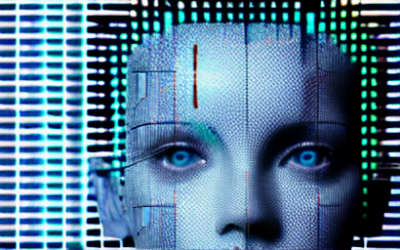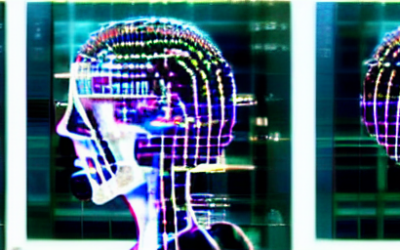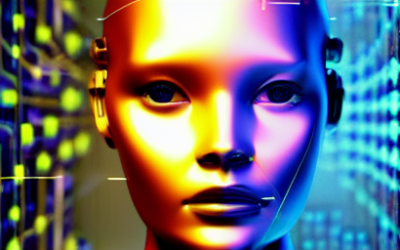Artificial Intelligence (AI) has rapidly evolved in recent years, transforming various industries and shaping our daily lives. At the core of AI systems are intelligent agents that interact with their environment and make autonomous decisions. These agents can be classified into different types based on their characteristics and functionalities. Let us explore the various types of AI agents and delve into their unique features.
Tech Blog
Tech Insights, Information, and InspirationAI Agents in Healthcare: Pioneering the Future of Medicine
Artificial Intelligence (AI) agents have emerged as a driving force in the healthcare industry, propelling medical advancements and reshaping the way we approach patient care. With their ability to analyze complex data sets, recognize patterns, and learn from vast amounts of information, these intelligent agents are revolutionizing diagnostics, drug discovery, personalized medicine, and administrative tasks.
The Future of Customer Service: AI Agents at the Forefront
In today’s fast-paced and interconnected world, businesses are constantly striving to enhance customer service experiences. With the advent of artificial intelligence (AI) technology, a new breed of customer service agents has emerged—AI agents. These intelligent virtual assistants are revolutionizing the way businesses interact with their customers.
The Future of AI Agents: Advancements and Emerging Trends
An AI agent is a software entity designed to perceive its environment and take actions to achieve specific goals or objectives. It is an integral concept in the field of artificial intelligence and forms the basis for developing intelligent systems.
The Rise of AI Agents: Transforming Industries and Enhancing Efficiency
Artificial Intelligence (AI) has rapidly evolved in recent years, and one of the most exciting developments is the emergence of AI agents. These intelligent digital assistants are transforming industries across the board, revolutionizing the way businesses operate and enhancing efficiency in numerous sectors.
AI in Business: Leveraging Artificial Intelligence for Competitive Advantage
AI holds immense potential to transform business operations, enhance productivity, and drive strategic decision-making. This article explores how businesses are embracing AI to streamline operations and secure a competitive advantage, accompanied by real-world case studies showcasing successful AI implementation.
Revolutionizing Collaboration: The Rise of Multi-Agent Systems
A multi-agent system (MAS) refers to a system composed of multiple autonomous agents that interact and cooperate with each other to achieve certain goals or solve complex problems. Each agent within the system has its own goals, knowledge, and capabilities, and can perceive its environment and take actions based on that perception.
Intelligence Agents: Bridging the Gap Between Humans and Machines
Intelligence agents, often referred to as AI agents, are software programs designed to simulate human-like intelligent behavior. Unlike traditional computer programs that follow pre-defined instructions, intelligence agents are capable of learning from data, adapting to new situations, and making informed decisions. They leverage cutting-edge technologies such as machine learning, natural language processing, and computer vision to perceive and interpret the world around them.
Exploring the World of AI Agents: Applications and Essential Considerations
In recent years, the field of artificial intelligence (AI) has witnessed remarkable advancements, leading to the emergence of intelligent systems known as AI agents. These agents are designed to perceive their environment, reason about it, and take appropriate actions to accomplish specific goals.
Chatbots vs. AI Agents: Understanding the Difference and Choosing the Right Solution
Chatbots and AI agents are both automated systems that interact with users and provide assistance or information. However, there are some key differences between them. Let’s explore these differences to better understand each solution and help you choose the right one.
Get In Touch
UseTech Design, LLC
TROY, MI • BLOOMFIELD HILLS, MI
Call or text +1(734) 367-4100










